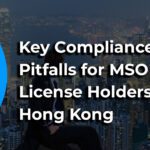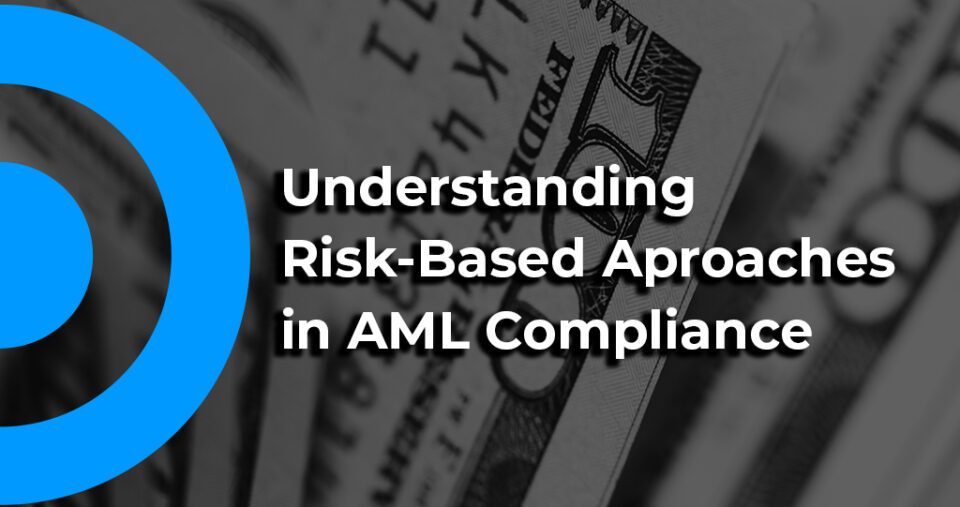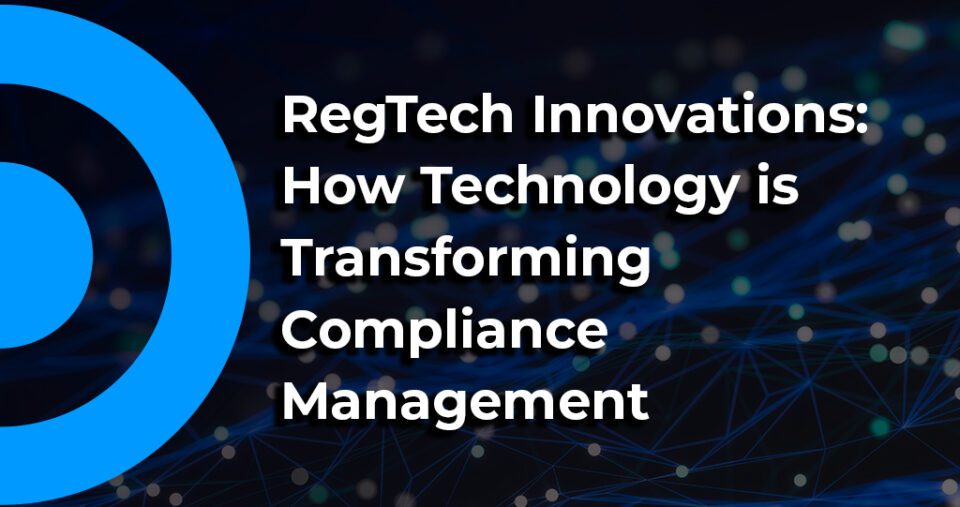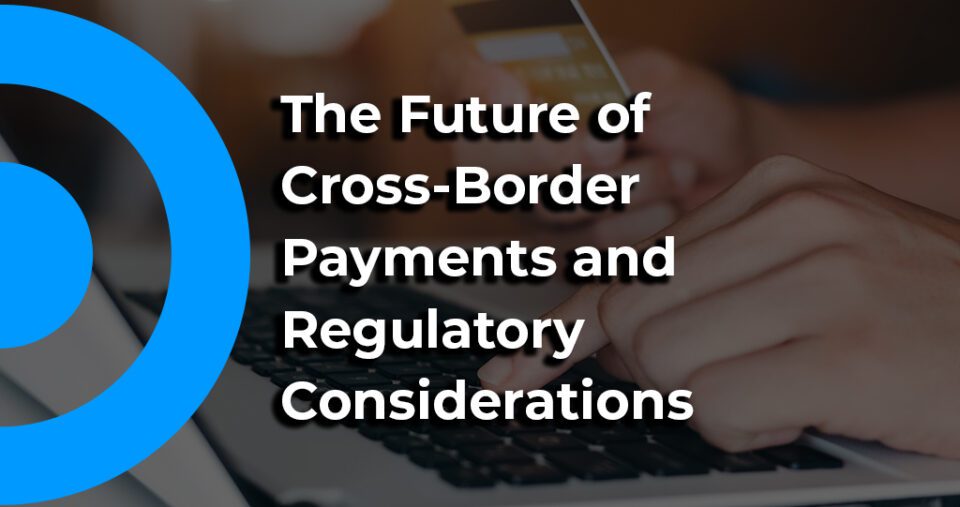
Getting Started with Your MSO License Application
October 14, 2024
Key Compliance Pitfalls for MSO License Holders in Hong Kong
October 16, 2024When operating a Money Service Operator (MSO) business in Hong Kong, passing Customs and Excise Department Inspection is critical to maintaining your license. Regular inspections ensure that MSOs are complying with the regulations under the Anti-Money Laundering and Counter-Terrorist Financing Ordinance (AMLO), and any gaps in compliance can lead to serious penalties, including fines, suspensions, or even revocation of the license.
Meanwhile, you also have to ensure your business plan is up to par with the requirements of the Customs and Excise Duty Department.
This blog will guide you on what to expect during an inspection and how to stay prepared.
Key Takeaways
- The C&ED conducts inspections to verify compliance with AMLO, focusing on transaction records, AML policies, and customer due diligence.
- Being inspection-ready requires having clear, up-to-date documentation and procedures.
- Regular internal audits and staff training can help avoid penalties during inspections.
What Happens During a C&ED Inspection?
Inspections are designed to assess how well your MSO complies with the legal and regulatory requirements laid out by the AMLO. Here are the primary areas that inspectors focus on:
- Transaction Records: Inspectors will review your transaction records, particularly those related to remittance and currency exchange services. They will check whether these records are kept in an orderly manner and whether they meet the retention period requirements.
- Customer Due Diligence (CDD) Records: Inspectors will examine whether your MSO has conducted proper CDD before executing transactions. This includes verifying customer identity, identifying beneficial ownership, and ensuring any third-party actors have the necessary authority.
- Anti-Money Laundering (AML) Policy: They will also scrutinize your AML and Counter-Terrorist Financing (CFT) policies. The inspection aims to verify that you have a robust system in place to detect, report, and prevent suspicious transactions.
Employee Training: During the Customs and Excise Department Inspection, C&ED will assess how well your employees understand AML/CFT regulations and how they apply these rules in day-to-day operations.
Do you know the Key Compliance Pitfalls for MSO License Holders in Hong Kong? Find out here.
How to Prepare for a C&ED Inspection
1. Maintain Complete and Accessible Transaction Records
Your transaction records are the first thing inspectors will look at. This includes information on who sent and received money, the amounts involved, and any other documentation supporting each transaction.
Best Practices:
- Keep records of all transactions for at least five years, as required by the AMLO.
- Use digital tools to store transaction data securely and make it easy to retrieve in case of an inspection.
2. Update Your Customer Due Diligence Processes
Failing to implement proper CDD is one of the most common reasons MSOs face penalties. Your CDD process must include verifying the identity of customers, understanding their financial profile, and identifying the source of funds.
Best Practices:
- Perform CDD for every new customer, especially those involved in high-risk transactions.
- Keep documentation updated for any changes in customer information.
- Have clear procedures in place to handle cases where customers refuse to provide necessary information.
3. Strengthen Your AML and CFT Policies
During the Customs and Excise Department Inspection, your AML/CFT policies must be comprehensive and regularly updated. The C&ED will be looking for specific details on how you identify suspicious transactions, how these are reported to the authorities, and what internal controls you have in place.
Best Practices:
- Schedule regular reviews of your AML/CFT policies to ensure they align with the latest regulations.
- Implement a clear suspicious transaction reporting process, and train staff on how to identify red flags.
4. Conduct Regular Internal Audits
An internal audit is an effective way to ensure that your MSO is complying with AMLO regulations. Auditing your transaction records, CDD files, and AML procedures helps you catch issues before they become significant problems during an inspection
Here is an adequate Break Down for the Application Fees for MSO Licensing.
Best Practices:
- Conduct internal audits quarterly or semi-annually.
- Use a checklist that aligns with what the C&ED typically inspects.
5. Train Your Staff
Compliance is everyone’s responsibility. Your employees should be fully trained on how to perform CDD, identify suspicious transactions, and follow AML/CFT policies. The C&ED often asks employees specific questions to test their understanding of compliance procedures.
Best Practices:
- Provide regular compliance training for all employees, especially frontline staff who interact with customers.
- Keep records of all training sessions, including attendance and topics covered, to present during inspections.
Why Staying Prepared Matters
Failure to comply with AMLO regulations during an inspection can lead to significant penalties, including:
- Fines: These can reach up to HK$1,000,000 depending on the severity of the breach.
- Suspension of License: If your MSO fails to meet the regulatory standards, your license may be temporarily suspended, halting operations.
- Revocation of License: Repeated or serious breaches can result in your license being revoked, shutting down your business entirely.
How PayCompliance Can Assist You
PayCompliance offers comprehensive services to help MSOs in Hong Kong stay compliant. From regular audits to employee training and document management, our experts ensure your business is always prepared for inspections. Our goal is to help you maintain the highest level of compliance and avoid costly penalties. Reach out to us today!



